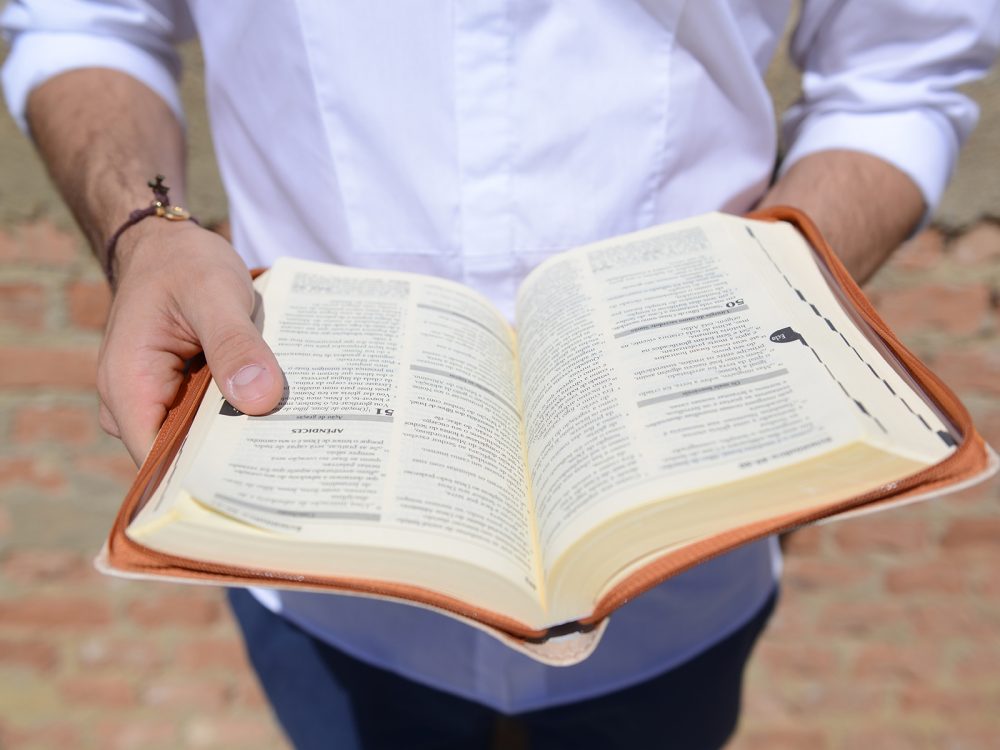Rev. José Mario O Mandía
jmom.honlam.org
The Decalogue spells out some (1) grave duties, and also (2) some obligations which are light by nature, but which could also be grave, depending on the intention (or motive) of the doer or, also, on circumstances (cf BST 178-180). These points are explained in the Catechism.
“Since they express man’s fundamental duties towards God and towards his neighbor, the Ten Commandments reveal, in their primordial content, grave obligations. They are fundamentally immutable, and they oblige always and everywhere. No one can dispense from them. The Ten Commandments are engraved by God in the human heart” (CCC 2072).
“Obedience to the Commandments also implies obligations in matter which is, in itself, light. Thus, abusive language is forbidden by the fifth commandment, but would be a grave offense only as a result of circumstances or the offender’s intention” (CCC 2073).
SINS THAT CRY TO HEAVEN
“The catechetical tradition,” teaches CCC 1867, “also recalls that there are ‘sins that cry to heaven’: [1] the blood of Abel, [2] the sin of the Sodomites, [3] the cry of the people oppressed in Egypt, [4] the cry of the foreigner, the widow, and the orphan, injustice to the wage earner.”
(1) The “blood of Abel” refers to the killing of innocent life such as homicide, infanticide (including abortion), fratricide, patricide, and matricide (cf CCC 2268). “And the LORD said, “What have you done? The voice of your brother’s blood is crying to me from the ground” (Genesis 4:10).
(2) The “sin of the Sodomites” (cf Genesis 18:20-21) refers to non-procreative sexual acts (sodomy). The Letter of Jude recalls that “Sodom and Gomorrah and the surrounding cities, which likewise acted immorally and indulged in unnatural lust, serve as an example by undergoing a punishment of eternal fire” (Jude 1:7).
(3) The “cry of the people oppressed in Egypt” refers to oppression of the poor. “‘You shall not wrong a stranger or oppress him, for you were strangers in the land of Egypt. You shall not afflict any widow or orphan. If you do afflict them, and they cry out to me, I will surely hear their cry; and my wrath will burn, and I will kill you with the sword, and your wives shall become widows and your children fatherless” (Exodus 22:21-23).
(4) The “cry of the foreigner, the widow, and the orphan, injustice to the wage earner”: taking advantage of and defrauding workers. “You shall not oppress a hired servant who is poor and needy, whether he is one of your brethren or one of the sojourners who are in your land within your towns; you shall give him his hire on the day he earns it, before the sun goes down (for he is poor, and sets his heart upon it); lest he cry against you to the LORD, and it be sin in you” (Deuteronomy 24:14-15). “Behold, the wages of the laborers who mowed your fields, which you kept back by fraud, cry out; and the cries of the harvesters have reached the ears of the Lord of hosts” (James 5:4).
HUMANLY IMPOSSIBLE TASK
The goal of the Christian life is far beyond the reach of our wounded nature. The requirements are extreme. That is because the love with which God loved us is extravagant; it is extreme. Hence, the response would have to be similarly extreme. From the human point of view, it is an impossible dream. This is why Jesus Christ teaches us that we have to count on Him and on His grace. “Apart from me you can do nothing” (John 15:5). “With men it is impossible, but not with God; for all things are possible with God” (Mark 10:27).
Our resources are limited. God Himself comes to our help, and lends us those very resources that we need. Where can we find these resources? In the Sacraments and in prayer.
If we want to be faithful to the Lord’s commands, we need to receive Him frequently in Holy Communion and frequently ask His pardon and grace in Confession. We also need to constantly beg for His assistance in prayer. This is why Saint Augustine says that we are “daily beggars, daily debtors” (“cotidie petitores, cotidie debitores”).


 Follow
Follow


